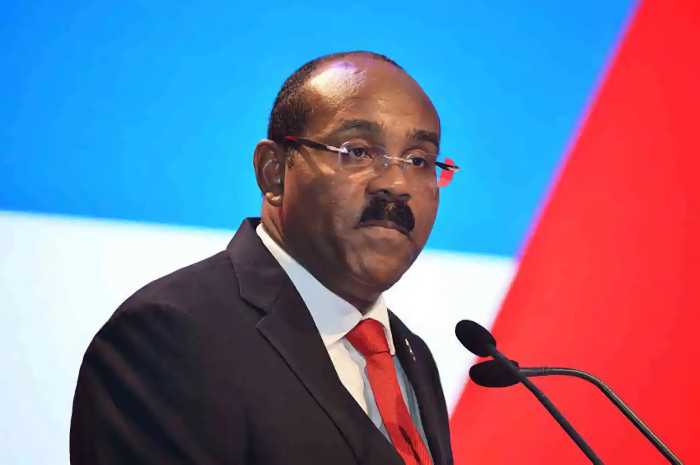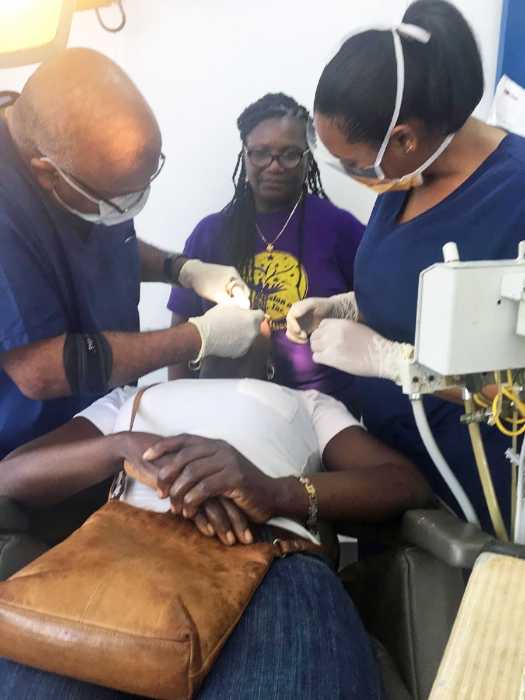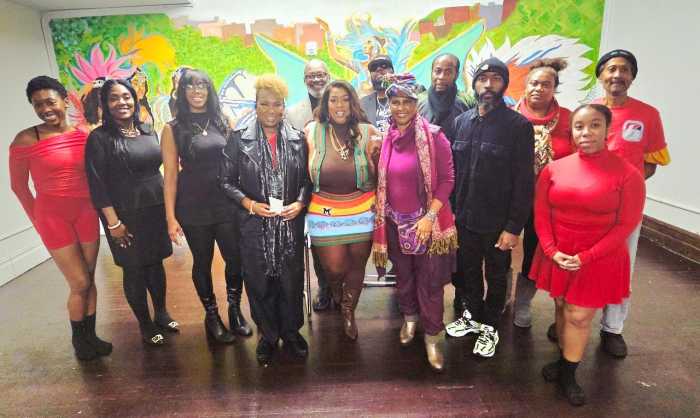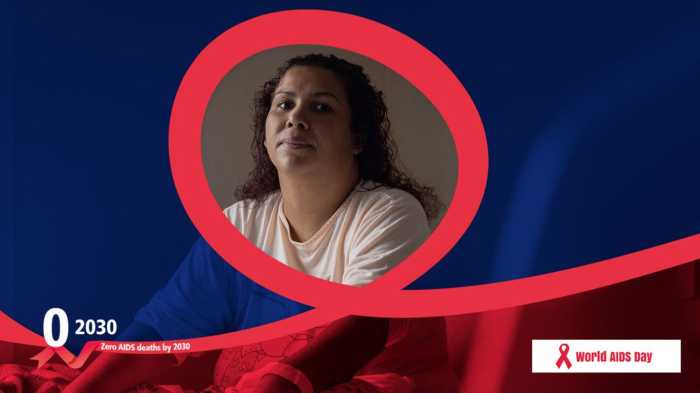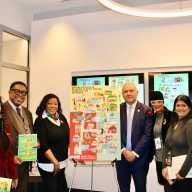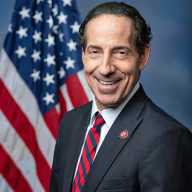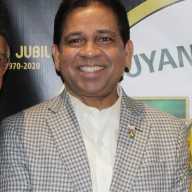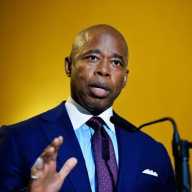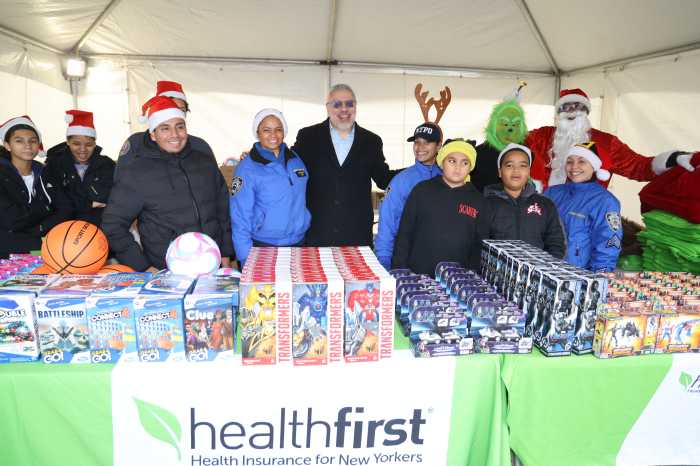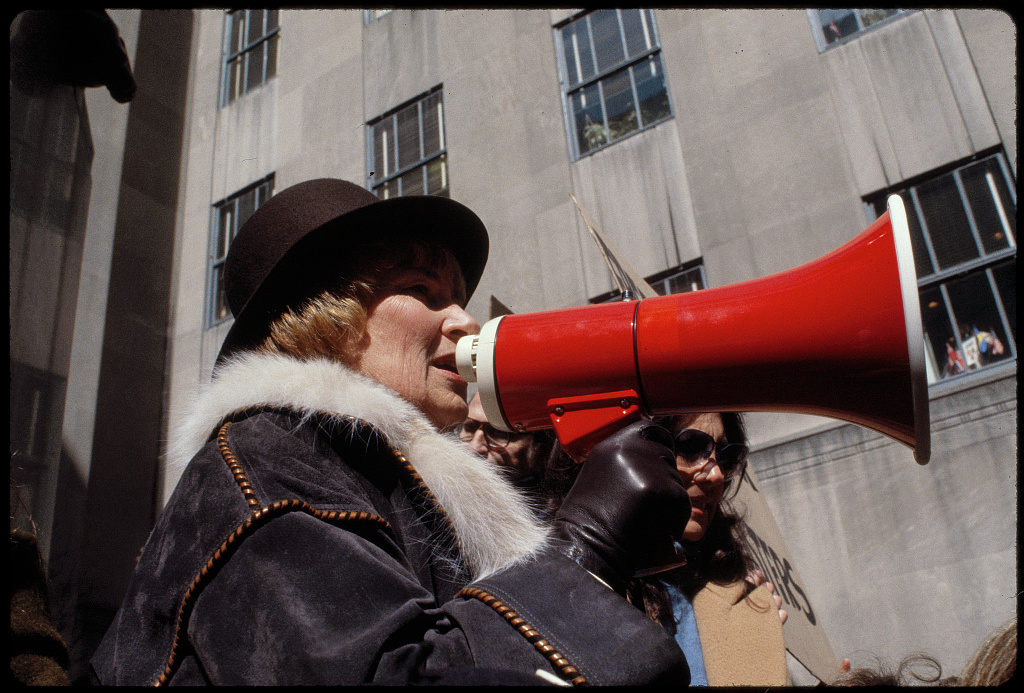Nancy’s mother Gale came down with a terrible cough and fever in December 2011. She saw numerous doctors in her home country of Guatemala. Each one sent her home with a recipe for a home remedy. Nancy could not bear to watch her mother go through the aches and pains any longer. She knew she had to do something to help. She always heard how great the doctors were in the United States of America so she decided to take her chances and bring her mother to America in hopes that she faired a better chance of recovery. Nancy and her mother found refuge in Jefferson, Florida. They made a living by cleaning restaurants at night in order to save money to see a doctor. Even though they did not have insurance they were finally able to get a visit with Dr. Paul at the neighborhood clinic. Dr. Paul knew Nancy and her mother’s situation and agreed to see her Gale for $100. Nancy was so happy that her mother was finally able to see a doctor. They were able to set aside $300.00 to cover the medical expenses. Nancy’s excitement soon faded once she found out that her mother’s condition was worse than she thought. Gale had been diagnosed with pneumonia. The treatment for this would be expensive and include a blood test and a lung x-ray. A visit that started off as $100 would now cost Nancy $1700.00. Nancy was discourages and sadden over the diagnosis and cost. She thought to herself, “What more can I do?”
“Home of the free and land of the brave”, that is the message we send around the world to millions of foreigners with big dreams seeking refuge. “O sweet America”, how lucky we seem in comparison to the many underdeveloped countries… yet we have about 50 million uninsured people living in this country (Boffey, 2012). How lucky are we if every year millions of individuals get sick in this country and stay sick because they are unable to afford healthcare? Or if even after having health insurance, one could be left with thousands of dollars in medical bills because an insurance company has denied a claim.
The United States has been fighting a long war on healthcare reform and it seems like the war is coming to a close or so it seems, with the Affordable Care Act transitioning into effect for early 2014 with so much promises of improving healthcare, everything should be solved and every person living in the United States of America should be in safe hands if they should fall sick…. Right? No, unfortunately millions of Americans will still not be safe from the evils of healthcare. To be exact about 23 million people will feel no impact from the reform. Of those approximately seven million will be undocumented immigrants (Joseph, 2013)
The affordable Care Act promises to increase access to affordable health coverage and contain cost (Reid, 2010). One of the big changes in healthcare will be the expansion of Medicaid to all individuals under 65 that are under the 133% of the federal poverty level (Reid, 2010). This is great for citizens and permanent residents but what about the millions of illegal immigrants who are working just as hard as everyone else trying to make a living and fall sick just like everyone else? Are they expected to help themselves?
From a public health standpoint we as a country are still doing ourselves a great injustice by not extending the healthcare reform act to this vulnerable population. According to George Bush in 2007, People have access to healthcare in America by using the emergency room (Reid, 2010). As great as this sounds, in America you could walk into an emergency room and be denied care if you do not have the cash or insurance to pay the bill (Reid, 2010). This leaves an undocumented immigrant little option on how and where to finance primary and follow up medical care. Undocumented immigrants have few options outside of the emergency room such as free clinics, and community health center financial assistance programs also known as “charity care” (Joseph, 2013).
The American society is a melting pot mixed with citizens, permanent residents, and undocumented immigrants from all parts of the world working side by side on a daily basis. Being that they do not have insurance through jobs and most likely are unable to afford healthcare out of pocket, they are more likely to get sick and not find treatment. This makes it very difficult to monitor the spread of disease or have a good hold on who is at risk for certain diseases if we are unable to screen the population as a whole. This will then in turn impact the United States efforts on increasing preventative care.
Being an illegal/undocumented immigrant can lead to all kinds of stress related diseases that without care or attention can lead to death. Healthcare is a natural born right and should be extended to all individuals residing in this country. We need to rally together and let our voice be heard to get the Affordable Care Act amended to include immigrants of all kinds, documented and undocumented. Nancy’s story is not an exception, it is a norm that immigrants face on a day to day basis. Illegal immigrants should feel just as comfortable as a citizen to walk into the doors of a hospital or doctors office and receive care if needed. If we ignore this population that needs desperate attention we are being counterproductive in our efforts of finding a solution to this health crisis. (Boffey, 2012)
Unfortunately for Nancy case, change did not happen in time and Gale’s condition worsened. Gale passed away and with no hope in sight for a future in America, Nancy returned to her homeland of Honduras where she is currently attending school to become a doctor.


